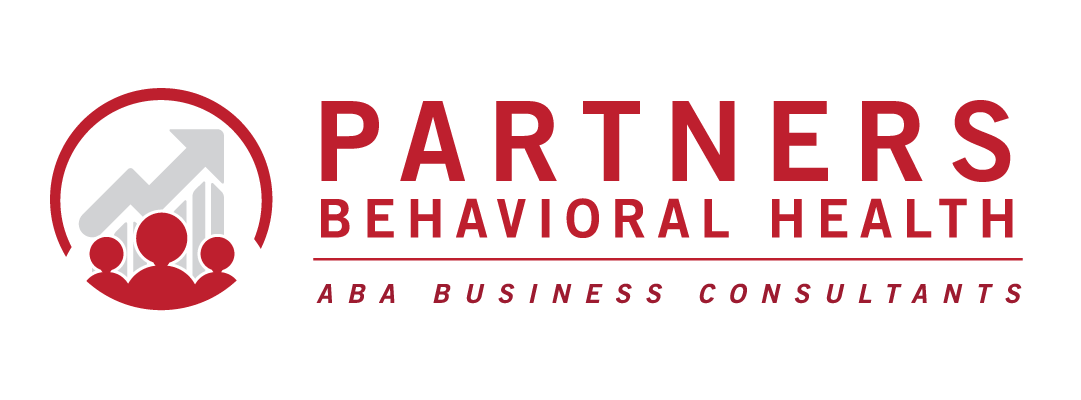In this article, I’d like to share some thoughts on employment and DEI programs for the autism community, including individuals with profound needs through those with lesser support needs, but that is not to say less relevant or meaningful. Just different.
Personally, I think we need to see much more involvement of autistic/neurodivergent people and their families in our field – and other populations we serve too. We should see this in provider agencies, professional organizations in our industry, academia, ancillary service providers, and really, any company or organization who purports to serve this group, and who profits off of serving these individuals.
We help prepare some of these folks for the workforce, so why are we not then employing them at the same rates as other industries? We should be engaged in creating opportunities and improving representation for people in this group. If every ABA and autism related company created even a small amount of opportunity for this population, have you thought about how much money we could be infusing into the adult autism community? I’ve done some brief math on this. Suffice it to say, it’s A LOT!
Many of our DEI programs are also lagging behind in this regard. To be fair, it’s not that people don’t have good intentions, just that we can do more. So, here are some musings on the matter.
First, passively hiring autistic/NDs isn’t going to cut it. We need active recruitment programs, looking in the right places, and providing necessary accommodations. I’m confident you’ll get your money’s worth.
To take this one step further though, if we really want to make meaningful changes and not just check a box, we need to have these people in leadership and decision making positions. While entry level positions are good too, and maybe a great and meaningful career opportunity for some, we need to capture the lived experience of people with all different autism experiences and support needs and allow them the opportunity to educate us and inform our services, supports, and how we provide truly compassionate care. And of course, the life experience of an autistic person will be different based on gender, sexual orientation, race, ethnicity, age, and a myriad of other differences related to physical, mental, behavioral, and other charactersitics and considerations. Ensuring people with all different lived experiences get equitable opportunity and representation is important, not only for them, but so that we can broaden our understanding of different autism experiences and needs, allowing us to do better moving forward.
I don’t deny this is more difficult for those with very profound repertoires. But, I think we should figure it out. Maybe engaging them for their areas of interest or unique skill sets. Perhaps their just being present could in some cases be informative for others who are less familiar with the needs and experiences of these members of the population. It’s harder to deny someone’s challenges and experience when you see their reality in front of you. And of course, this will benefit the company, so the company should be compensating these individuals for their time – even if just to be present. I most definitely do not have all the answers for this, but it’s a discussion I feel we need to have.
Everyone has a different experience, and everyone’s experience is relevant. There are those who have engaged in severe SIB with little to no functional communication and perhaps may never have any meaningful friendships. Some of these people will continue to struggle with these experiences throughout their lives, while others will not. There are those who are highly articulate and can advocate for themselves, maybe becoming doctors, lawyers, working in social services, or other fields. Perhaps developing relationships with friends or life partners, if that is important to them. If we truly are to be compassionate and continue to grow as professionals and just good human beings, perhaps we need to learn from all folks, acknowledging the relevance of their experience and that it matters to us, and that we want to learn from them so we can do better moving forward, informing our practice and so much more. All I am saying is that these people – and of course let’s not forget their families and loved ones – all have meaningful experiences, and deserve opportunity and representation.
In my career I have worked with, become friends with, and learned from people with a broad range of different needs and experiences. Those and their families with very profound experiences, including severe SIB and limited verbal repertoires. Those who are professionals and self-advocates. Those who have received ABA, those who have not. Those who support ABA, those who do not. Someone who I hope I can call a friend as our relationship grows is/was involved as a member of the Actually Autistic community. I have learned a lot from him, and I hope he has felt our relationship has been meaningful to him. All this to say, every autistic person deserves opportunity, representation, and a “voice” in shaping the services we provide moving forward, and including them in the development and provision of our service programs in essential in that process.
I am still learning. I will always be learning in this regard. So, please feel free to leave comments or email me with any thoughts you may have. I always want to learn more and do better.
Brandon Herscovitch




